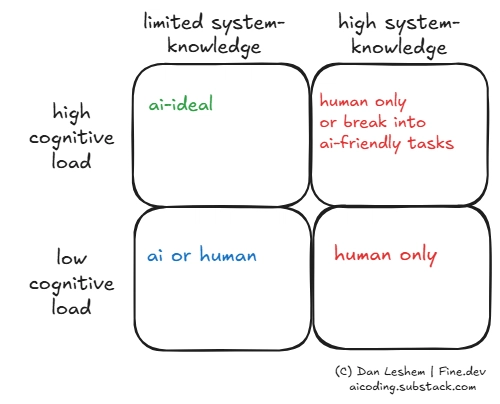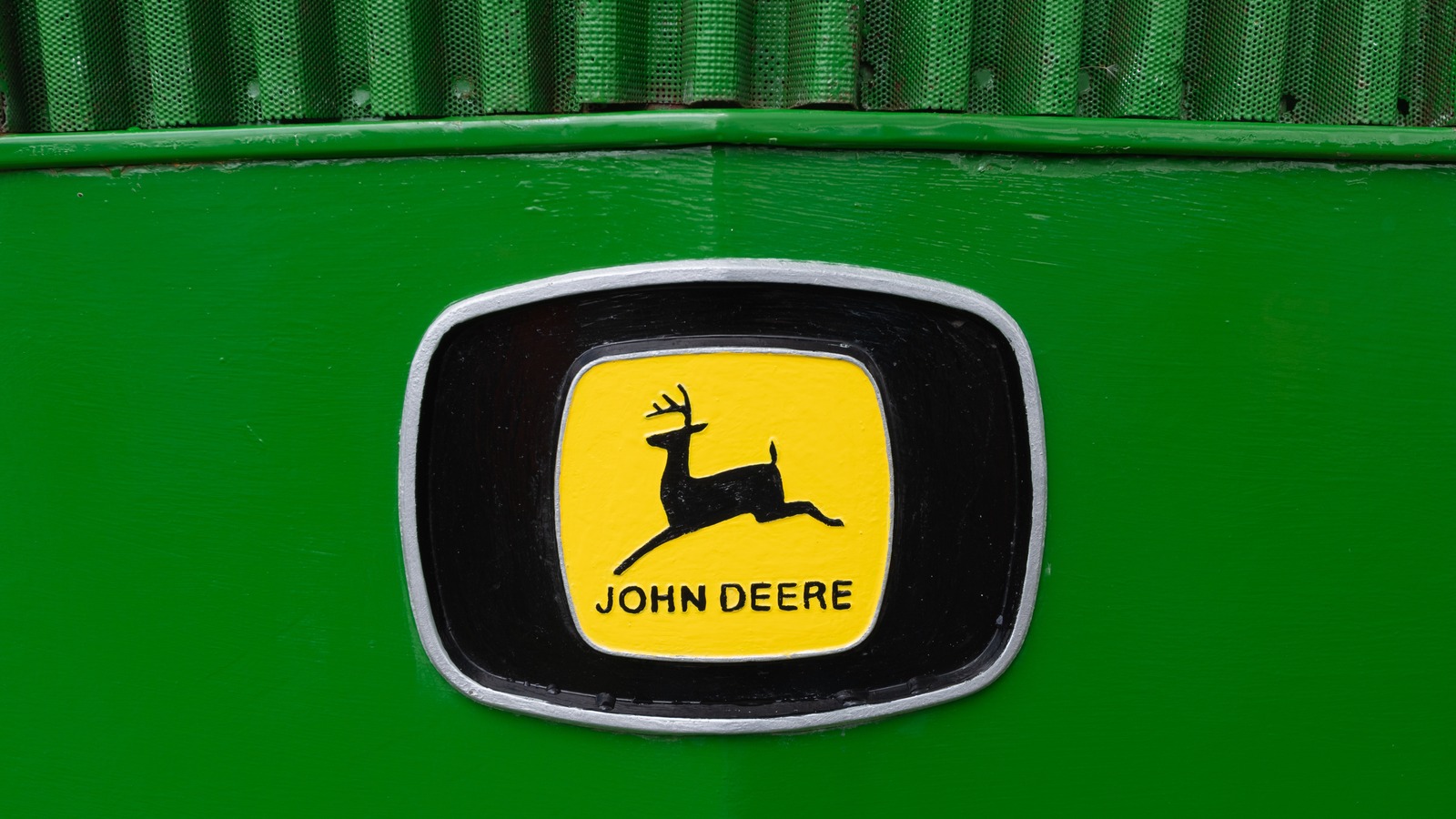One key to successfully adopting AI into your workflow is knowing to which tasks AI is suited. ❌ Tasks which are too complex/big will fail ❌ Tasks which are too small don't bring you benefit Working with a small team and heavily adopting AI to help us ship faster and build our startup, I've learned to triage the tasks I delegate to AI as follows: ✅ Touches max 3 files ✅ Clear success criteria ✅ Single repository ✅ No gotchas ✅ Would take up to 3 hours without AI When I go through our development backlog looking for these sorts of issues, what I find we're left with tends to include ✅ All minor bugs ✅ UI tweaks ✅ Chore tasks (e.g. adding proper error handling) In summary, what we call "low-surface context" tasks, where the path to resolution is clear and straightforward. P.s.

One key to successfully adopting AI into your workflow is knowing to which tasks AI is suited.
❌ Tasks which are too complex/big will fail
❌ Tasks which are too small don't bring you benefit
Working with a small team and heavily adopting AI to help us ship faster and build our startup, I've learned to triage the tasks I delegate to AI as follows:
✅ Touches max 3 files
✅ Clear success criteria
✅ Single repository
✅ No gotchas
✅ Would take up to 3 hours without AI
When I go through our development backlog looking for these sorts of issues, what I find we're left with tends to include
✅ All minor bugs
✅ UI tweaks
✅ Chore tasks (e.g. adding proper error handling)
In summary, what we call "low-surface context" tasks, where the path to resolution is clear and straightforward.
P.s.




















